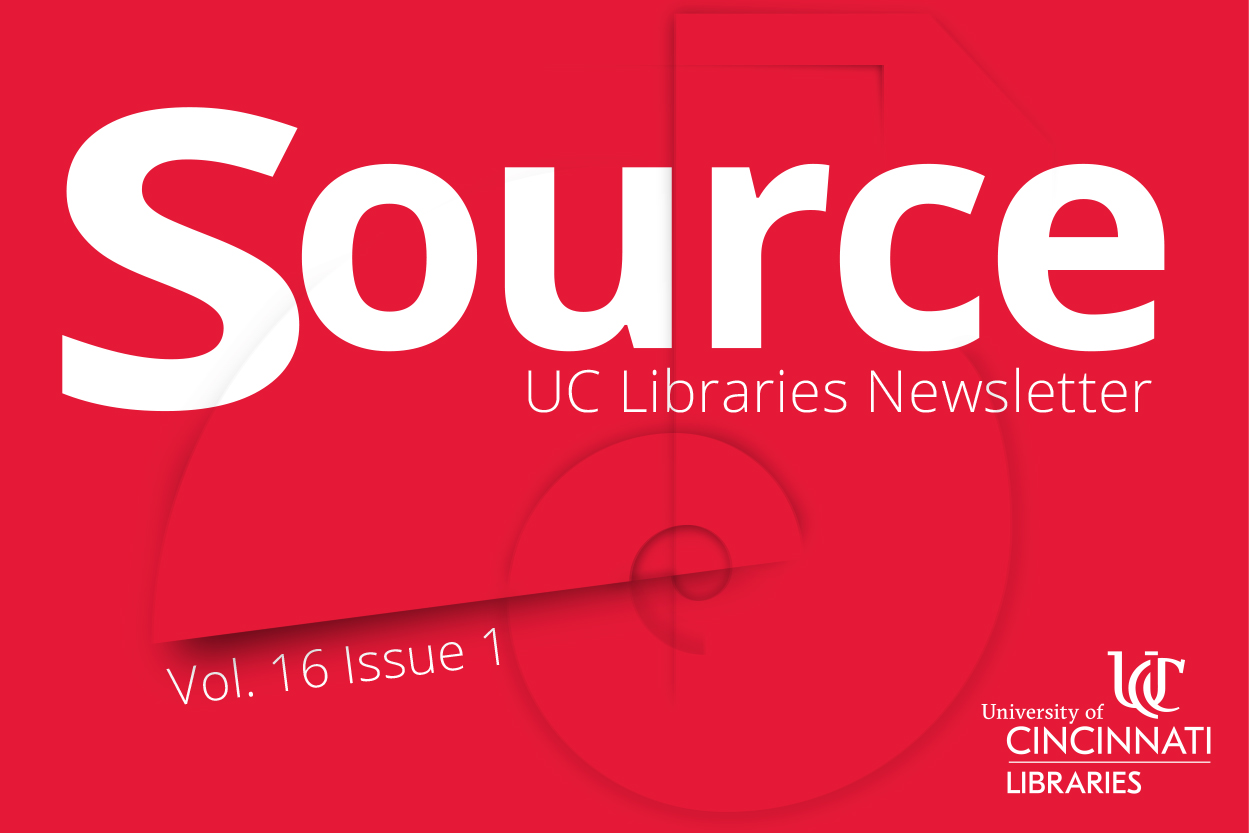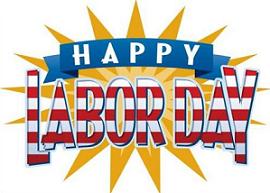 Read Source, the online newsletter, to learn more about the news, events, people and happenings in UC Libraries.
Read Source, the online newsletter, to learn more about the news, events, people and happenings in UC Libraries.
This latest issue of Source includes an article from Xuemao Wang, dean and university librarian, about UC Libraries core beliefs and their role on how we achieve our mission “to empower discovery, stimulate learning and inspire the creation of knowledge by connecting students, faculty, researchers and scholars to dynamic data, information and resources.” Kevin Grace, university archivist and head of the Archives and Rare Books Library, writes about a hidden bust of a famous 20th-century paleontologist and philosopher. Two important gifts are announced in this issues of Source – the first, an endowment from the Marge and Charles J. Schott Foundation for the German-Americana Collection; the second, a legacy gift from Sandra and Robert Cohan to benefit musical collections in the Albino Gorno Memorial Library. Exhibits highlighting the Archives and Rare Books Library’s Shakespeare Collection, the 500th anniversary of the Reformation and a book display for Hispanic Heritage Month are also featured in this issue of Source. In addition, a collaboration between the College of Medicine and the Donald C. Harrison Health Sciences Library to create a grant program to partner medical faculty with library informationists is announced.
Read these articles, as well as past issues, on the web at http://libapps.libraries.uc.edu/source/ and via e-mail. To receive Source via e-mail, contact melissa.norris@uc.edu to be added to the mailing list.


